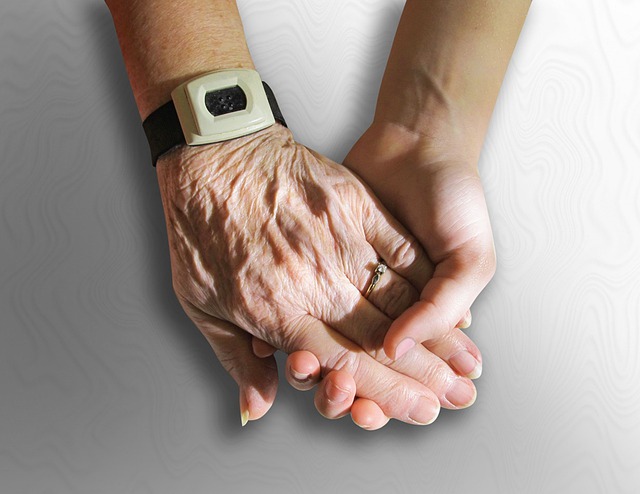
You might be looking into long-term nursing. There are many options, including home care, Medicaid, and nursing homes. In this article, we'll take a closer look at each option, including how to get the right coverage and which benefits you can expect to receive. For more information, please contact us. We'll be glad to answer any questions you have. Ask about Medicaid as well!
Long-term long-term care at home
Caregiver health and age were correlated with the use of home-based LTC. However, younger caregivers were less healthy when caring for elderly persons. To choose the best combination services, you should analyze the ages of caregivers as well the burden of care. Moreover, caregiver health should be taken into account to determine whether home-based LTC services are beneficial for both caregivers and recipients. This list does not include all home-based LTC.
Home-based long term care has the primary goal of allowing recipients to live independently and minimizing the need to receive institutional care. This type provides support to friends and family in addition to health care. Home health care is typically more affordable and easier than skilled nursing. It's also just as effective as skilled nursing facilities. Home health care is as effective as in hospital care.

Nursing homes
There are several types of nursing homes, and one type is a skilled nursing facility. Medicare frequently certifies skilled nursing facilities (SNFs) to offer skilled nursing care. Long-term care insurance also covers them. These homes can also take private payment and are usually able to meet most patients' medical needs. The United States categorizes nursing homes as long-term, convalescent and skilled care.
While private rooms are preferable by many residents, many nurses believe that multiple occupancy rooms increase the risk for developing infectious diseases. The CMS will look into ways to accelerate the phase-out of rooms that have three or more residents and promote single occupancy rooms. New measures have been announced by the Biden-Harris Administration to improve safety and quality in nursing homes and punish bad actors. They want nursing homes to be comfortable and provide the highest quality of care.
Medicaid
There are some things you should keep in mind if you are thinking of Medicaid long-term care for an aging parent. First, it is important to understand that the amount you will spend on long term care depends on several factors. This includes your monthly income as well as your assets. You may also be ineligible to Medicaid if your assets are too large. You can mitigate your financial risk in this case.
Depending on what your state's Medicaid program is, you may be eligible to receive long-term health care through your regular program. Sometimes called "Aged, Blind, Disabled Medicaid", this program can help you. While it is not mandatory, this may make it more affordable that assisted living facilities and nursing homes. Additionally, Medicaid will cover services in the home or community, so you can maintain your independence and maintain your quality of life. A number of state Medicaid programs offer personal care assistance.

Medicare
The costs of long-term care can be enormous. Medicare may cover some medical care but the program is still limited and changing. This increasing need is apparent among Medicare beneficiaries. You should keep yourself updated with the most recent information. These are some tips that will help you get long-term coverage. Contact your local Medicare agency for more information. Your current insurance coverage is the first step. Once you have an understanding of your current insurance coverage, you will be able to plan for the future.
What is long term care? A range of services are provided to assist with daily living activities. This includes both medical and non-medical assistance. These services can include meal preparation, transportation and medical appointments. In a person's own home, in an assisted living facility or both, long-term care may be provided. Medicare requires that Medicare beneficiaries must check into a Medicare approved nursing facility within thirty days of being admitted to an inpatient hospital.